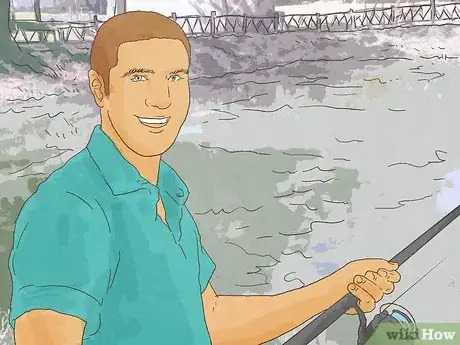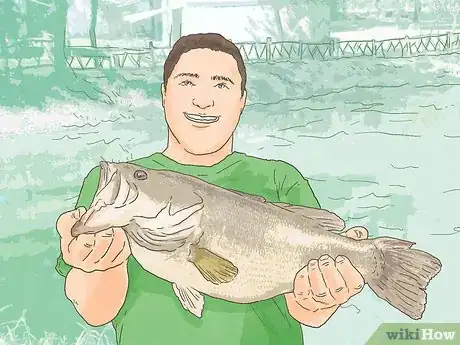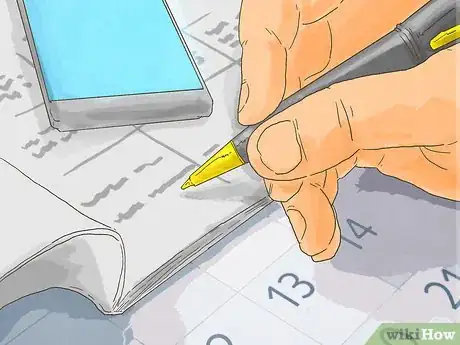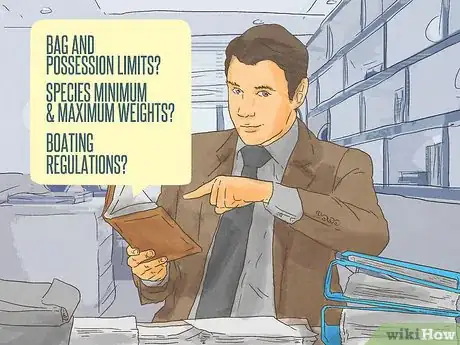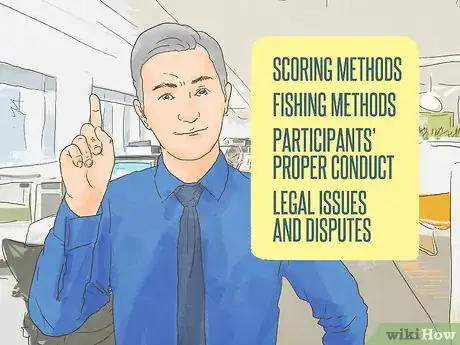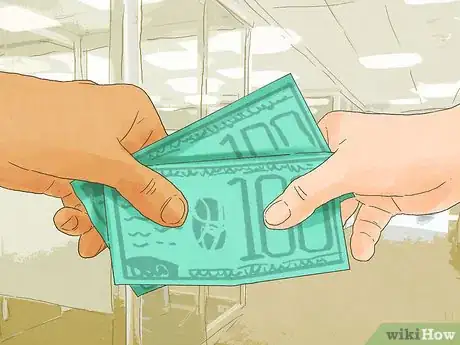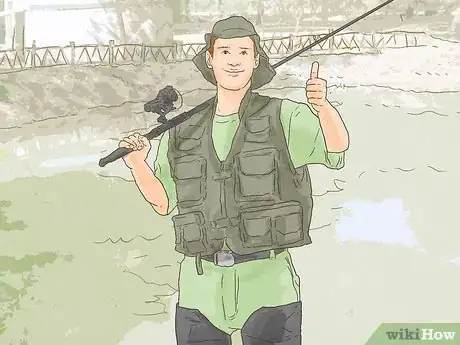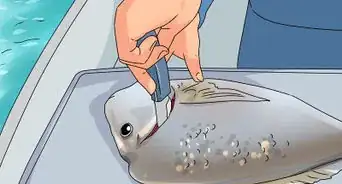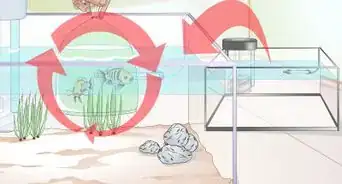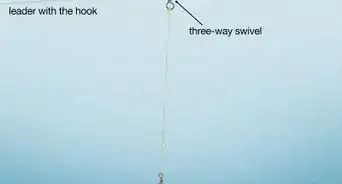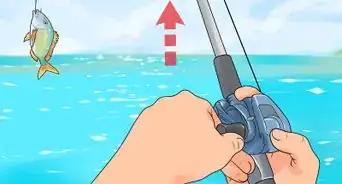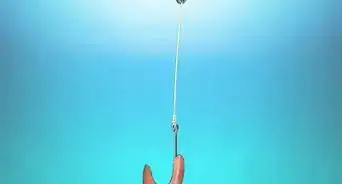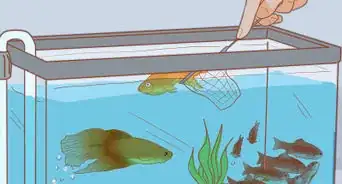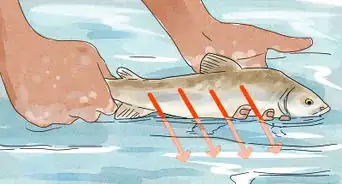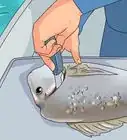wikiHow is a “wiki,” similar to Wikipedia, which means that many of our articles are co-written by multiple authors. To create this article, 10 people, some anonymous, worked to edit and improve it over time.
There are 9 references cited in this article, which can be found at the bottom of the page.
This article has been viewed 81,120 times.
Learn more...
Fishing tournaments, sometimes called fishing tourneys or fishing derbies, are competitions where individual anglers or teams compete for money and/or prizes by catching the greatest weight of fish in a given time. They can be held for fun, or as fundraisers for organizations or charities. Hosting a fishing tournament doesn't require belonging to a national fishing organization, but it does require planning and organizational skills. Read on to learn how host a fishing tournament.
Steps
Community Q&A
-
QuestionWhat if people putting on a tournament refuse to pay winnings?
 Community AnswerIf there was a contract signed, then by law they have to as long as the contract had no specific conditions as to why they may not pay winnings. However, if it was a hosted and sponsored tournament and there was no contract and you simply entered and won, they don't have to pay you. It is however bad for business, in which case you could make a scene or post it publicly.
Community AnswerIf there was a contract signed, then by law they have to as long as the contract had no specific conditions as to why they may not pay winnings. However, if it was a hosted and sponsored tournament and there was no contract and you simply entered and won, they don't have to pay you. It is however bad for business, in which case you could make a scene or post it publicly. -
QuestionWhat is the name of each allocated fishing position?
 Fisherboy12Community AnswerIf the fishing tournament being hosted has two people per boat, the person who owns, drives, is fishing a higher level, purchases higher designation, or is decided between the two partners as the leader of the team is called the boater. The individual that is fishing in the same boat as the boater, but is not designated as the boater is called a co-angler.
Fisherboy12Community AnswerIf the fishing tournament being hosted has two people per boat, the person who owns, drives, is fishing a higher level, purchases higher designation, or is decided between the two partners as the leader of the team is called the boater. The individual that is fishing in the same boat as the boater, but is not designated as the boater is called a co-angler. -
QuestionDo those running the tournament fish free or do they pay entry fee?
 Jordan DeGrootCommunity AnswerTypically, those who run the tournament do not fish the tournament as it can cause conflict at the weigh-in. On the off chance that you were to win the tournament you are running, it will cause a lot of unnecessary confusion.
Jordan DeGrootCommunity AnswerTypically, those who run the tournament do not fish the tournament as it can cause conflict at the weigh-in. On the off chance that you were to win the tournament you are running, it will cause a lot of unnecessary confusion.
References
- http://www.flyanglersonline.com/features/micus/122704.php
- http://www.news-journalonline.com/article/20121129/SPORTS/121129700
- http://www.ct.gov/deep/cwp/view.asp?A=2696&Q=418852
- http://dfw.state.or.us/resources/fishing/docs/Bass_Tournament_Guide.pdf
- https://en.wikipedia.org/wiki/Fishing_tournament
- https://en.wikipedia.org/wiki/Bass_Anglers_Sportsman_Society
- http://masterswalleyecircuit.com/
- http://www.nebraskawalleye.com/
- Rodney Ruff, Omaha, NE; longtime fishing enthusiasts and former follower of the Bass masters Tournament Trail
